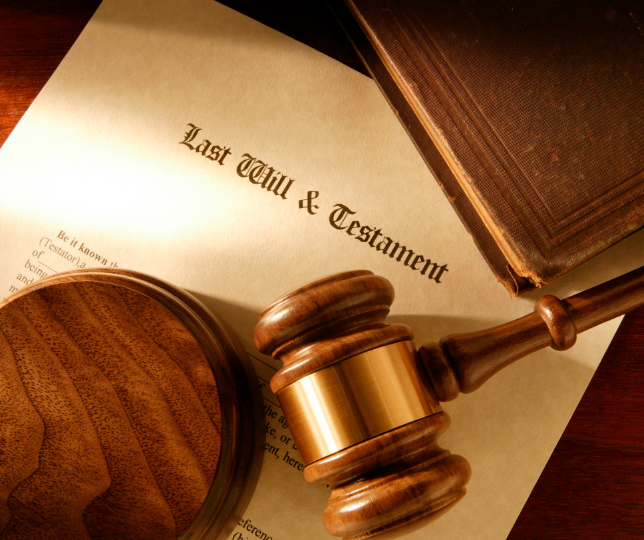Where should a Will be stored?
If you have gone through the effort of creating a Will, you might be wondering what about storing the Will. In this article, we discuss where a Will should and shouldn’t be stored and how to best protect it.
Where should a Will be stored?
Testators have a lot invested in their Will – not just the costs of having it professionally written, but also the effects it will have when the need for probate arises. You might consider keeping such an important document with your other papers at home. However, the Will could become lost or be destroyed inadvertently or even on purpose. Fires and floods do happen, and the risk of loss is increased at stressful times such as moving house.
So here are some alternatives:
- Secure storage space – There are secure facilities available that will store Wills in spaces that are protected from fires and floods, and have safety measures above what you would have at home. These services may cost money; however, all Kings Court Trust partners have access to our secure storage unit. With this in mind, if you have had your Will done by a professional Will Writer, there is a chance your Will is stored at our facility.
- Solicitors – If a Solicitor writes your Will, they may offer to store the original and give you a copy. The other upside is that Solicitors are regulated, so if the Will is lost or damaged, you have recourse to make things right. Most Solicitors will also store a Will they didn’t write, but there will probably be a fee.
- Will Writer - If you are using a Will Writer, they might offer to store your Will; the cost may vary. Most Will Writers these days will register your Will as part of the service; however, it is worth asking what would happen to your Will if the business went out of business or it got damaged.
Wherever you decide to keep your Will, we advise that you notify your Executor of its location to save the hassle of looking for it.
Where you shouldn’t store your Will?
As there is no law on Will storage, it is up to the Testator where they want to keep their Will. However, there are some places we wouldn’t recommend storing it, such as:
- Bank safety deposit box: After your passing, it will only be accessible with a Grant of Probate. However, to get the Grant, they would need a copy of your Will. Without the Will available, it would revert to an intestate estate, and the rules of intestacy would be used to establish a Personal Representative (PR). Meaning all the effort and money spent on creating a Will would be for nothing.
- Obscure/ eccentric spots: As tempting as it might be to store it where no one will find it, the problem with it is that no one might ever find it. For example, we worked with a family who weren’t able to locate a Will, even though they were pretty certain there was one. At a later date, when they started clearing out the house of decades' worth of stuff, they located it behind some empty Marmite jars in an old bathroom cabinet in her loft.
Always have a safety net
It’s always a good idea to have a copy of your Will separate from the original as a safety net.
Although currently it’s not a legal requirement, we would suggest that you register your Will with the Probate Registry office as soon as possible. If anything happens to the original or copies, there is a digital record of your Will. This means that in the worst-case scenario, all the money and planning you have put in place to create a Will and to make sure your wishes are followed isn’t lost.
You can register your Will for £20.
Any existing and valid Will can be registered, so if you have a Will and you haven’t registered it yet, you can.
Please note: If you have decided to DIY your Will, make sure you don’t attach anything to it, not even staples or paperclips. They leave a mark on the paper, raising questions about whether the Will is missing a part or an amendment. This can make things more difficult, costly, and time-consuming for your Executor.

